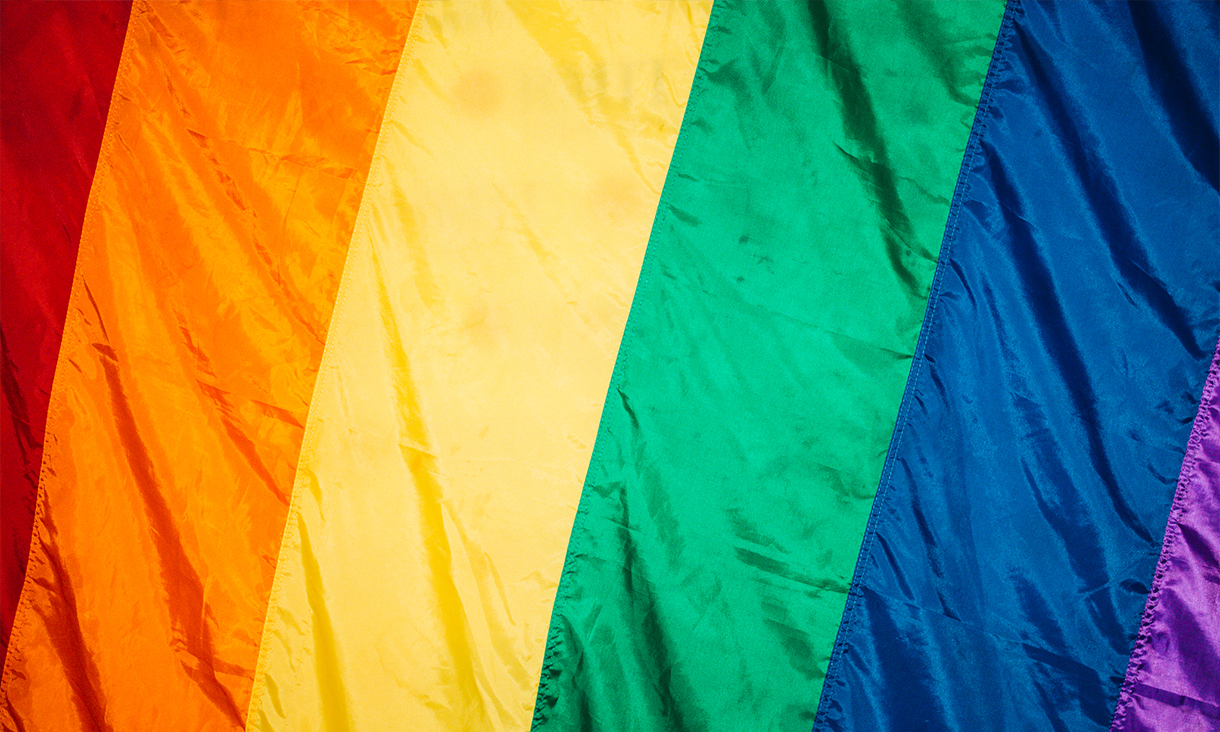
RMIT experts available for comment ahead of International Day Against Homophobia, Biphobia, Intersexism and Transphobia (IDAHOBIT)
Experts from RMIT are available to talk to the media about a range of topics about diversity and inclusion ahead of IDAHOBIT on May 17.

Dr Kate Farhall (+61 3 9925 1666 or katherine.farhall@rmit.edu.au )
Topics: lesbian sexuality, women’s inequality in popular culture and in organisations
“We’ve recently been studying the experiences of lesbian women who do not feel well represented by the umbrella term 'queer', and we received an overwhelming response, with almost 200 lesbian women from around the world responding within a week.”
“Our study found that some lesbian women felt unsafe in queer-designated spaces, particularly in terms of being able to assert their sexual boundaries.
“Lesbian women’s concerns about lack of control over their sexual boundaries echo the ways in which lesbian sexual autonomy has been disrespected for decades, including through eroticisation for the male gaze.
“Despite the image of queer politics and spaces as diverse, many respondents found that there was pressure to conform to a particular kind of difference and aesthetic.”
Dr Kate Farhall is a postdoctoral research fellow in the Centre for People, Organisation and Work (CPOW) at RMIT. She has seven years’ experience researching lesbian sexuality and women’s inequality in both popular culture and organisational contexts.
Dr Meagan Tyler (0408 341 909 or meagan.tyler@rmit.edu.au)
Topics: feminist theory, sexuality, violence against women, and gender inequality
“There has been recent media interest in the issue of lesbian women feeling excluded from 'queer' or even LGBTQIA+ labels, events and spaces, but there is very little contemporary research exploring this issue.
“Our research highlights the competing interests and needs of groups including under the LGBTIQA+ or queer banners, in particular, issues of gender inequality and misogyny.
“Many respondents felt that the diversity inherent within the queer umbrella led to tensions around divergent priorities, as well as between feminist goals and principles, and queer politics.
“These findings are likely to have implications for diversity practitioners, in terms of how organisations develop and frame policies around gender equality, sexuality and inclusion, and understand the needs of lesbian women.”
Dr Meagan Tyler is a senior lecturer in the School of Management and the Gender, Equality and Diversity research theme leader in the Centre for People, Organisation and Work (CPOW) at RMIT. Her work focusses on sexuality, violence against women, and gender inequality and she is a regular media commentator on these topics.
***
For general media enquiries, please contact RMIT: 0439 704 077 or news@rmit.edu.au.
- Student experience
- Society
- Equality, Diversity & Inclusion
- Government & Politics
Acknowledgement of Country
RMIT University acknowledges the people of the Woi wurrung and Boon wurrung language groups of the eastern Kulin Nation on whose unceded lands we conduct the business of the University. RMIT University respectfully acknowledges their Ancestors and Elders, past and present. RMIT also acknowledges the Traditional Custodians and their Ancestors of the lands and waters across Australia where we conduct our business - Artwork 'Luwaytini' by Mark Cleaver, Palawa.